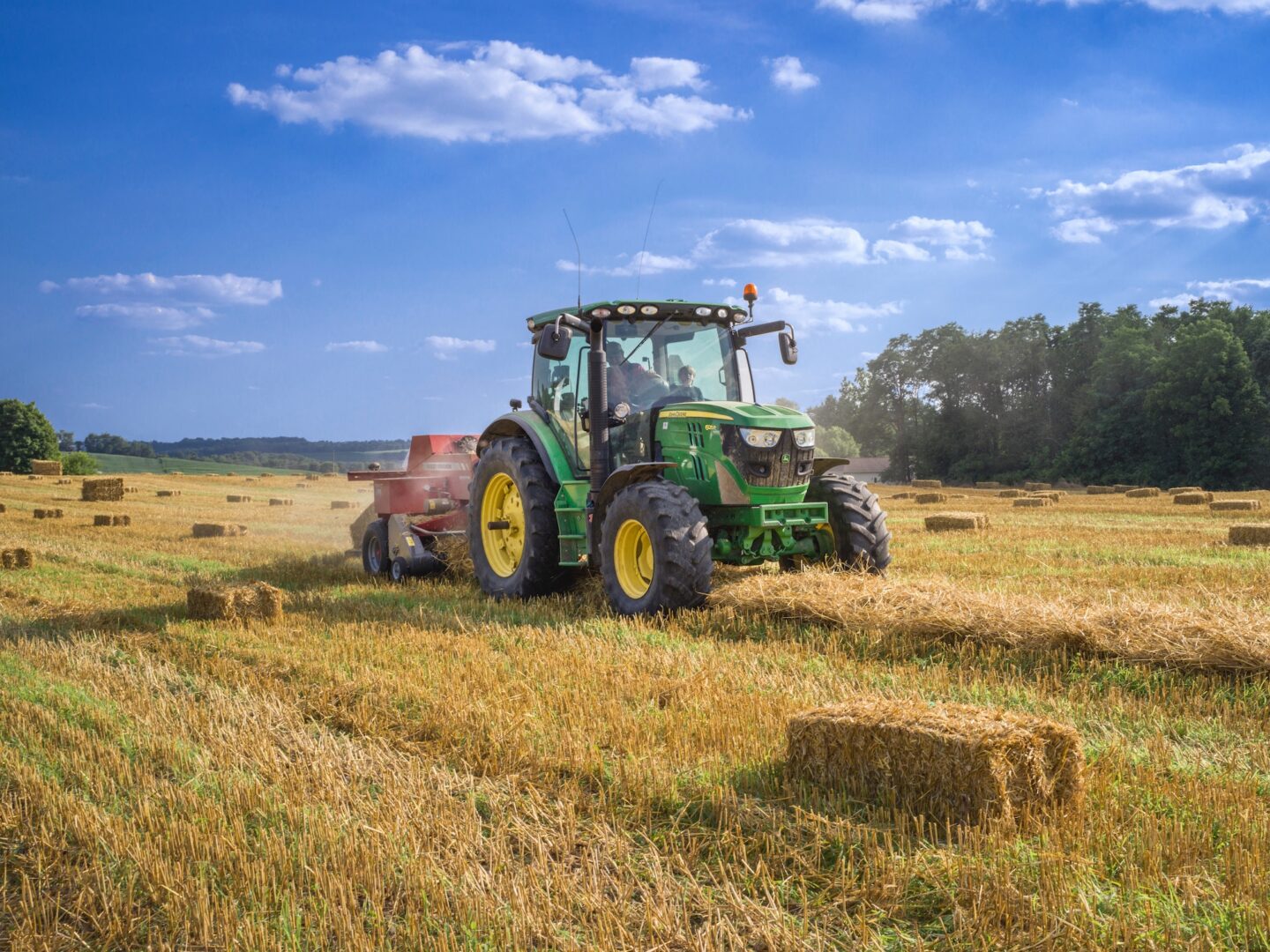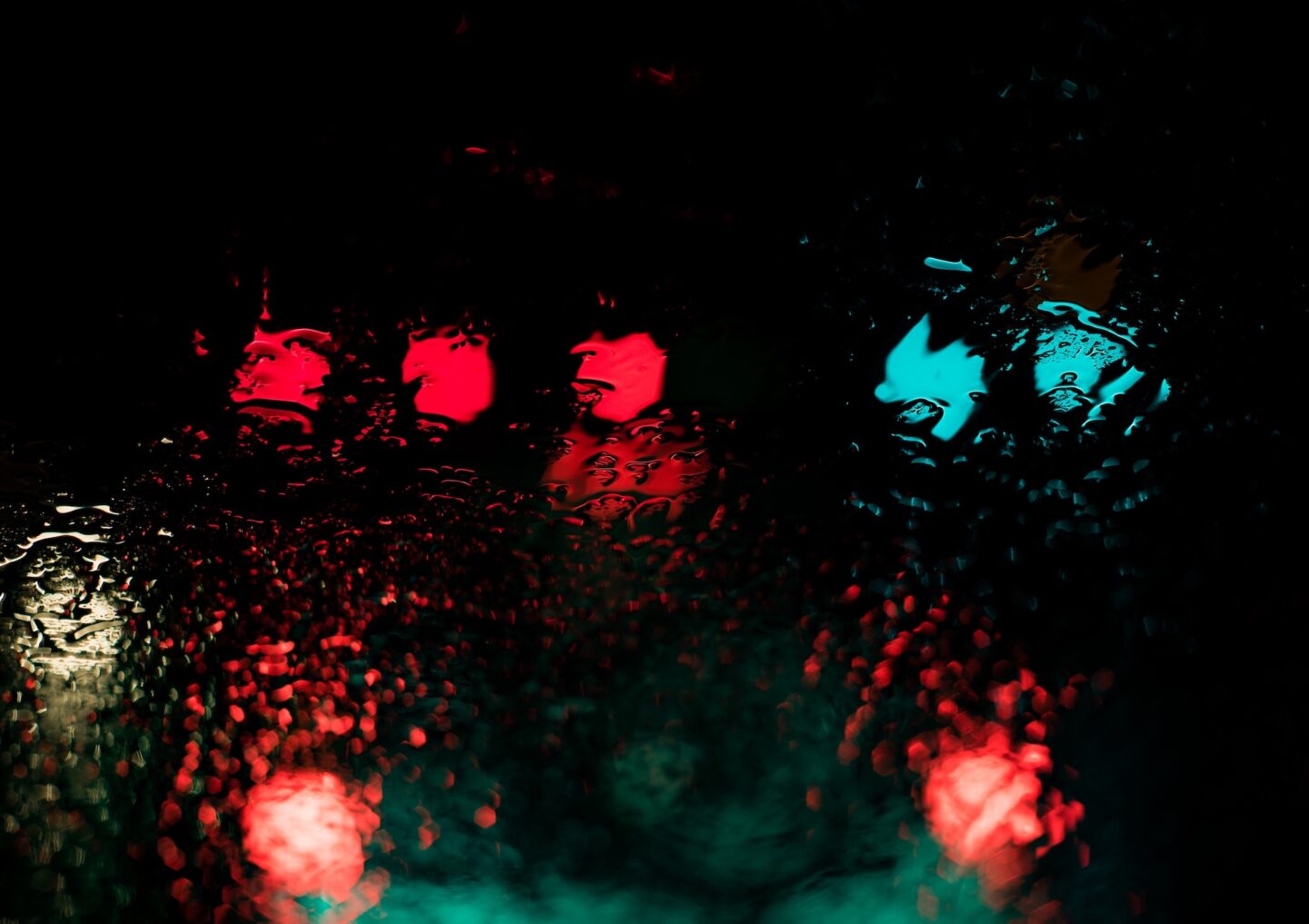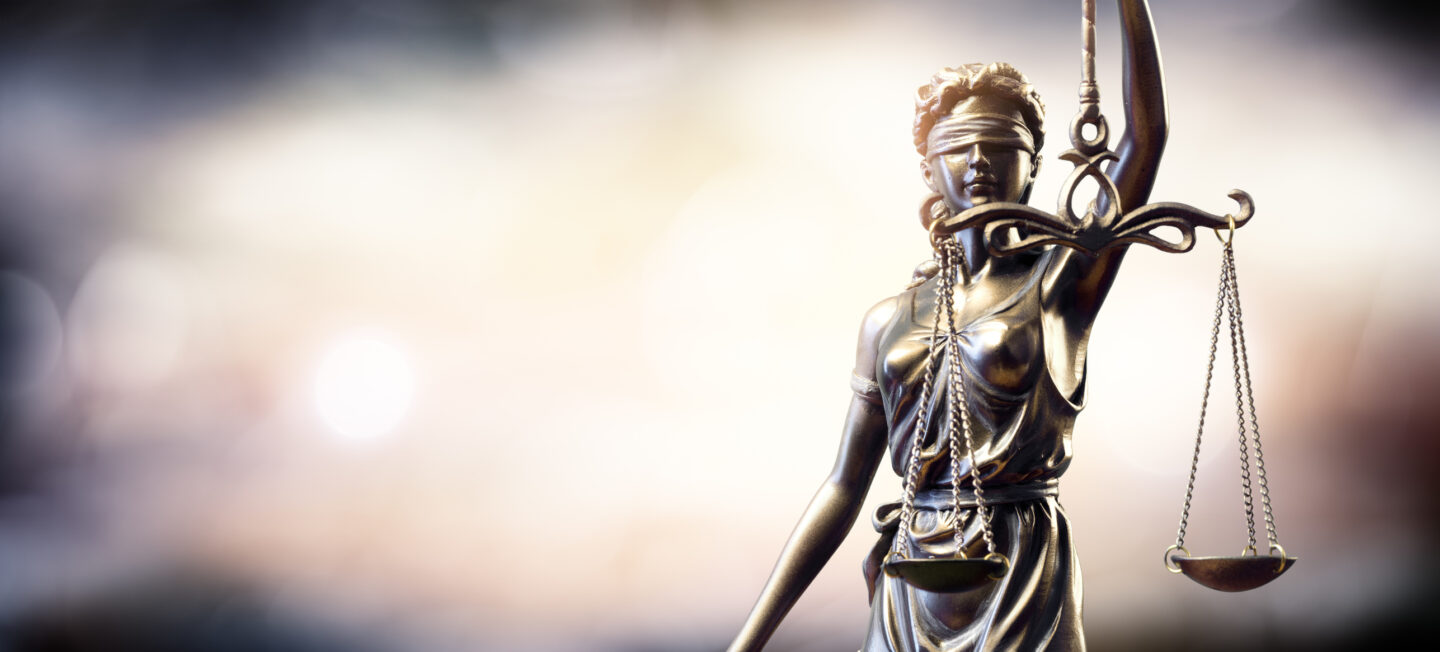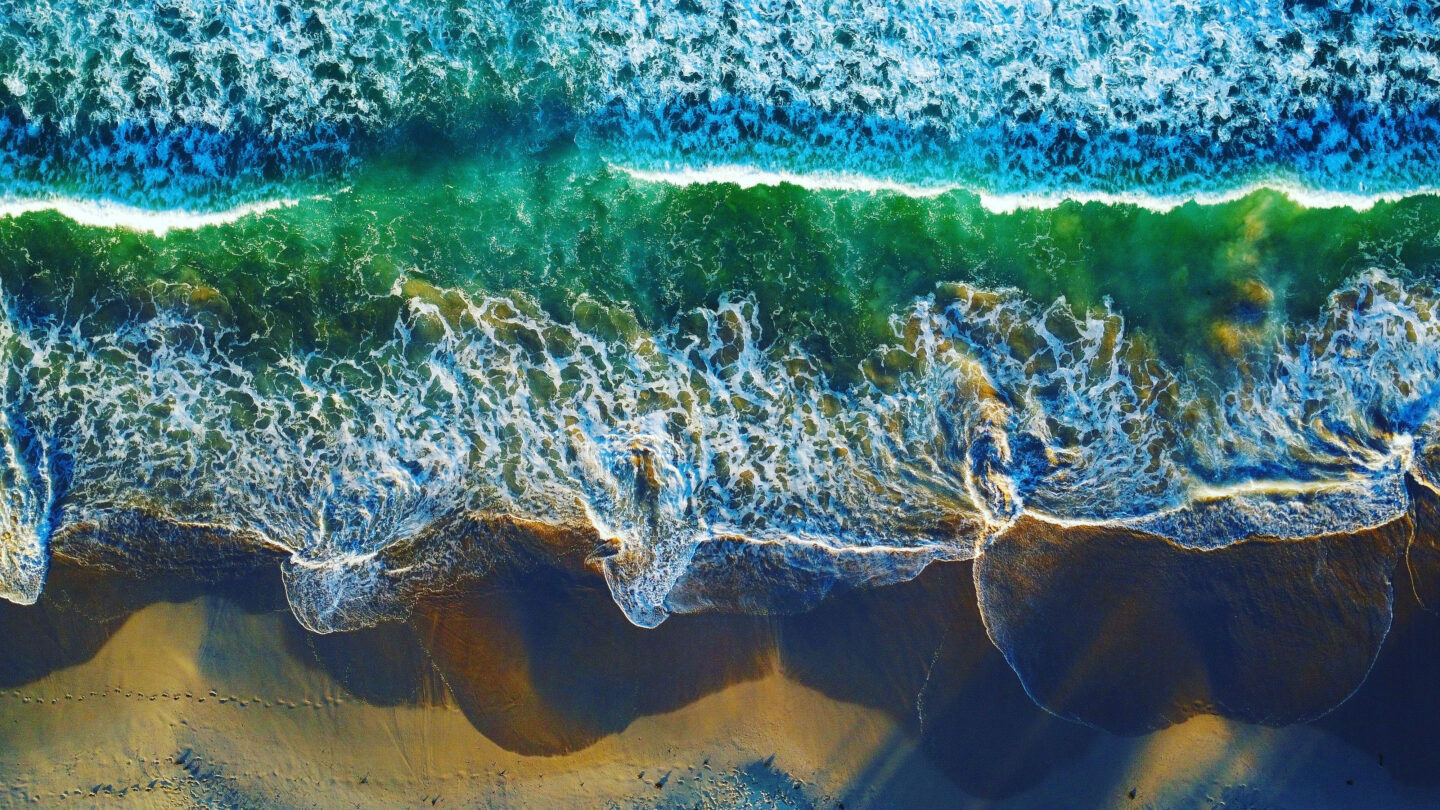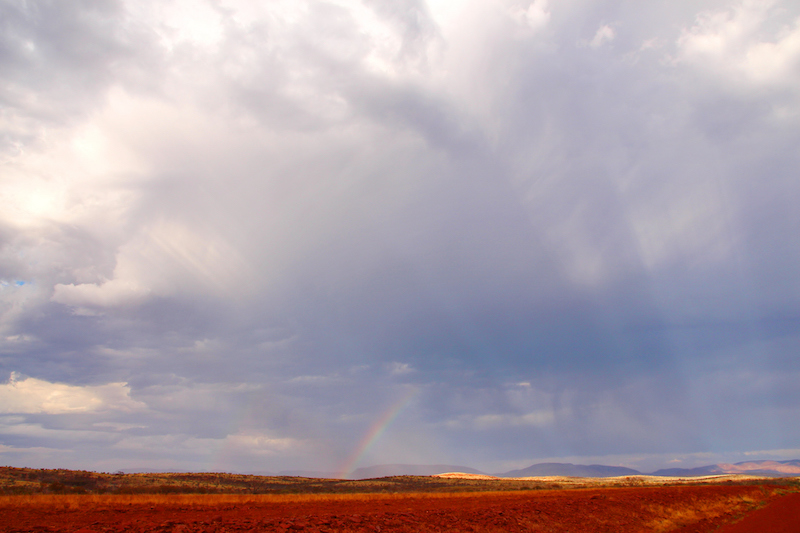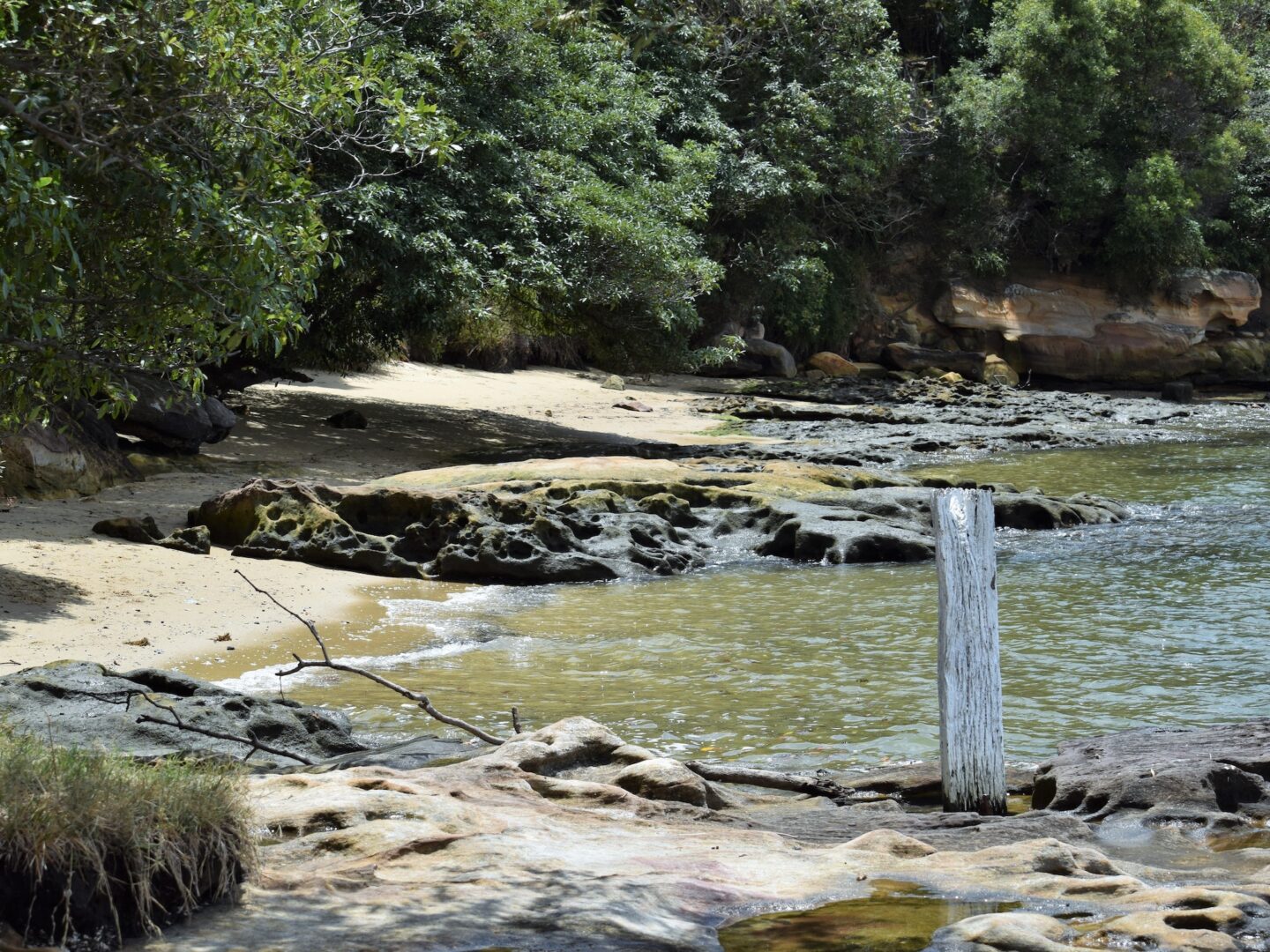Before the book
More than 200 Australian books began as a standalone piece or extract in Griffith Review. Explore our selection of fiction and nonfiction stories that had their genesis in GR’s pages and helped launch the career of many a talented Australian writer.
Peasant dreaming
I’m currently doing a course on holistic farming near the southern New South Wales town of Braidwood. I had expected it to be full of ruddy-cheeked cattlemen in their forties and fifties; instead it is mostly people like me, tertiary-educated thirtysomethings who want to grow their own food to nourish their vocations. We are writers, a ceramicist and a filmmaker; a market gardener with a background in conservation; the manager of a local farmers’ market and her partner, who feeds his chooks on maggots from roadkill kangaroos.
The bystander
The median strip led to the other side of the highway. We emerged boot-first into a flood of oncoming headlights. Screams howled from the back seat. ‘I’m dead,’ I thought. Then it hit. Another car, speed meeting speed, like two protons colliding. I didn’t get the luxury of a concussion. I stayed awake the whole way through. There was a glimpse of black, a few seconds max, when my head reeled from the soft impact against the dashboard. White pinwheels spun on the inside of my eyelids. Blood flooded back into my feet and fingers. After that everything went berserk.
Young lady, that’s inappropriate
AFTER GRADUATING FROM law school, I spent a full and disturbing year working as a judge’s associate in the District Court of Queensland. The role required silence and discretion, and each week I sat, mute and powerless, watching things unfurl in front of me – both in and out of court – that made me want to get up and run. Forever the youngest in the room, often the only female, things that were normal to the seasoned lawyer unsettled me. I used to think all the time: Is anyone else seeing this?
Will Martin
MY OAR STABS the side of the Reliance. We push off and pull away from the ship. Venus is out, but the sky still has some light. Mr Bass and I boat the oars and hoist sail. The Lieutenant takes the helm. Tom Thumb’s sail snaps at the breeze and air-filled we bounce across the water.‘To dare is to do!’ Mr Bass shouts our motto.‘To dare is to do!’ The Lieutenant and I reply as if we are one.Seawater sprays across the gunwale. It is Thursday, the twenty-fourth of March, the year 1796. This is the day that we embark on our second Tom Thumb sail.
Might be rainbows
ON THE SOUTH-WEST boundary of Uluru-Kata Tjuta National Park, in the centre of Australia, an unmarked red-dirt track turns left off the Lasseter Highway. For the few kilometres still within park lines it’s known as Docker River Road. Beyond that point it becomes Tjukaruru Road, leading to Western Australia through Aboriginal freehold land.
In 2006, as a member of the park staff, I occasionally had to go down Docker River Road for work. From the park boundary I would stare into the seemingly untouched red landscape, both delighting and recoiling at the expanse of land ahead. I had never ventured any further.
The ghost river
When he was about to begin the river story Moses would stamp at the ground with the heel of his boot and call out to the birds in the trees, ‘listen hard now’. He’d clap his hands together a couple of times, make a clicking noise with his tongue and the birds would lift off from the trees in the distance and move a little closer, to the wattles lining the riverbank. ‘Back in the old time, before the humans,’ he would begin, ‘this girl, the river, she didn’t stop her life where she does now, at the mouth at bay there. There is no bay in the time I’m talking with.’
